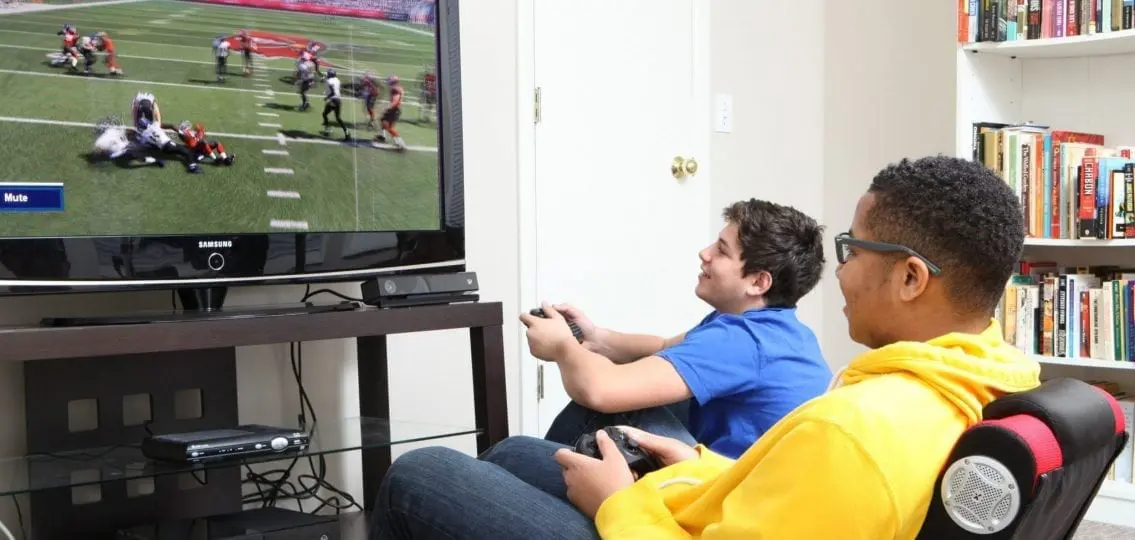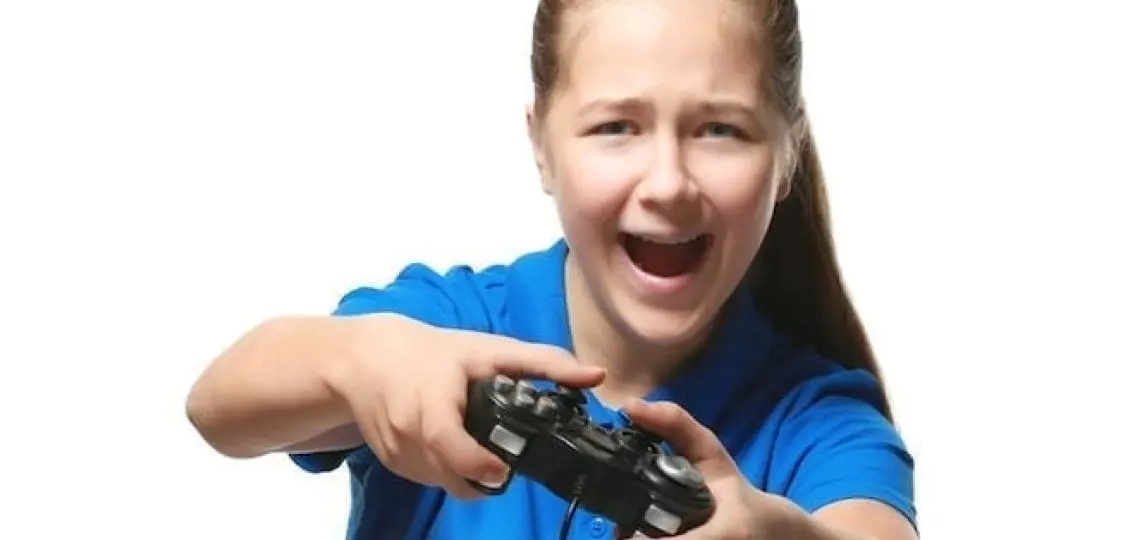Young girls in today’s society have acclimated to the comments.

I’ve been catcalled by grown men since I was in middle school. My grandmother asked me to be more “ladylike” when I was a tomboy — I belched in response. My middle school principal said I shouldn’t wear shorts to school because it was too sexual, even though I was wearing black leggings underneath them. And a friend’s boyfriend sophomore year remarked that I couldn’t possibly hurt him if I punched him because I’m a girl. I proved him wrong.
Girls and Video Games
But in video games, I get to escape these comments. I become Commander Shepard, the Dragonborn, The Champion of Kirkwall, or “Boss,” the leader of the Saints.
All of these characters can be male or female. It’s up to the player to determine the sex, and when you play as a female, you still command respect. That’s because non-player characters (NPCs) created by programmers don’t care about your gender.
But when I play Multiplayer games, I don’t deal with NPC’s. I deal with random, human beings.
I typically don’t announce my gender in these games, and even though I use a female avatar, most players assume I’m a male.
Sometimes, however, it comes up in a chat session, or if I’m feeling rambunctious, I’ll mention it on purpose.
For example, once I was playing on a game called Paladins. There are five people on a team, so we had a five-person “party.” I had been online with three of the players for awhile. A fourth, “Carlos,” joined to complete our team.
While I was waiting for our team leader to return and start the game, I decided to do my nails. Of course, as luck would have it, he arrived right as I was in the middle of my third finger.
“Ugh,” I typed into the chat. “I just started painting my nails.”
Now, I admit, I did not plan on this comment outing me, but I was curious to know if the rest of my team knew my gender. I had been playing with this group for awhile and it had never come up.
“What? Are you gay or something?” Carlos replied.
Not the best response, I thought to myself. “I’m a chick,” I wrote back.
“What? Girls can do that?”
I didn’t respond. I hadn’t received this reaction before.
I’ve seen the guys who bought into the over-sexualized “Gamer Girl” stereotype, and I’ve met some who thought that girls weren’t “real” gamers or that they were invading their male space.
But never had I encountered anyone who did not think girls capable of pressing sequences of buttons that then translated into virtual movements.
The party leader typed: “I know. It’s weird. I was shocked when I found my first one too.”
I laughed at this point. Do they not think we have fingers? Or do they believe we females have small little devices in our brains that put us into a state of temporary paralysis if we open a game? Do they think the gaming police will come by and tell us to stop?
Gender Stereotypes in Gaming
Questions like this continued to swirl through my mind as we entered the match. I found guys who didn’t care about my gender, men who instantly sexualized me, and even males who hated me just because I was a woman.
But thinking that girls who played video games didn’t exist? Well, that was a new one.
I tried to take a step back. There were so many worse responses I could have received from the party members. They weren’t acting malicious or disgusting like so many other instances in my life. They just didn’t know better.
We kept playing, but Carlos left at the end of the match. The rest of the team, however, continued, and treated me just as they did before I outed myself.
I don’t play video games to tear down these preconceived notions of “Gamer Girls” or other stereotypes. I play them because I enjoy it.
For the girls looking into gaming, and the worried parents observing them, don’t be afraid, pushed around, or discouraged. If you’re not great at a game, it’s not because of your gender — it just takes time.
But don’t engage with toxic players. You can report them if need be, but don’t engage. And most importantly, find a group and make friends. Games are so much more enjoyable when you connect with others.

In gaming, as in life, we may be whoever we aim to be — and the only thing in our way is the people who think otherwise.



